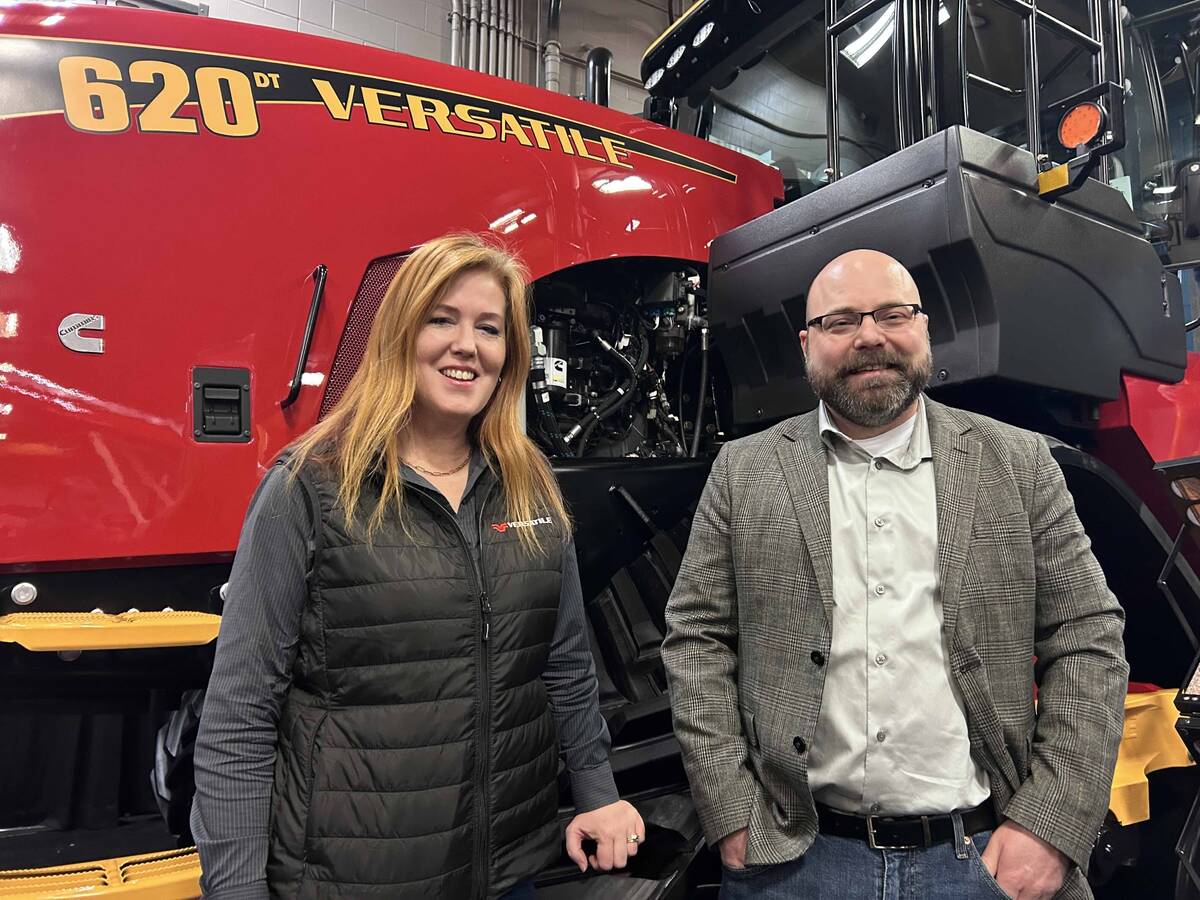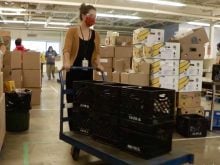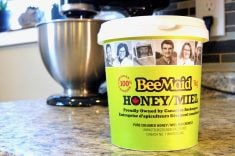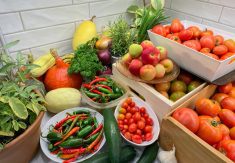“They would like to bring more organics
into their lifestyle… but say they can’t really afford it.”
– LINDA COX, CLIENT SERVICES MANAGER WITH THE HARTMAN GROUP
Will consumers keep buying organic food, which typically costs more, even in tough economic times? It depends on which consumers you’re talking about, according to Linda Cox, client services manager with The Hartman Group, a U. S.-based firm which does in-depth studies of both actual and aspirational behaviour among consumers.
Read Also

Farmers flood Keystone Centre for Ag Days
Farmers, organizers and exhibitors are converging on the Keystone Centre at Brandon, Manitoba for the first of three days of Ag Days 2026.
“The organic consumer in the U. S. is very, very broad,” she told a recent gathering of the new Manitoba Organic Alliance this month.
Generally, many will continue to make purchases that reflect their growing interest in sustainability and desire to live well, she added.
Organic sales began to level off in the last quarter of 2008, after several previous years’ astonishing growth rates of 20 to 30 per cent growth per annum. Most attribute shrinking consumer confidence to mid-to upper-level households facing layoffs and declining investment portfolios.
But their research finds having a high income is not a prerequisite for making organic purchasing decisions, Cox said. Studies show about half of all households frequently purchasing organic food in the U. S. aren’t flush in the first place – generally with incomes under $50,000.
What motivates consumers to buy organic is how the word “organic” is so strongly linked with “quality” in their minds, Cox said.
And people may be more likely to make food more central in their lives when required to batten down other ways.
“Very often people will find other ways to manage their budget so that they can continue to get high-quality food experiences,” said Cox.
People start buying organic food for many reasons, ranging from having a baby to being diagnosed with a serious illness. Sometimes it’s because they’ve become alarmed by things they’ve heard in the media.
Consumer purchasing of organics is often interpreted as “it must all be about the environment,” Cox said. “But a closer look at consumer culture finds that organic food is shorthand for ‘lifestyle quality.’”
The Hartman Group’s analysis of organic consumer behaviour classifies three types of consumers among the total two-thirds of Americans who buy organic food.
Core consumers make up about 21 per cent of all purchasers and are wholly committed to an organic lifestyle, orienting all their purchases and not just food around environmentally sustainable decisions.
“They’re your strongest advocates,” Cox said. “They are the ones who will want to visit the farmers’ markets.”
Another 14 per cent are consumers classified as “peripheral” – buying organic food only occasionally, mainly out of curiosity and without caring much about the environment or any other issues around sustainability.
“These aren’t the ones who want to get to know the farmer,” Cox said.
The bulk of organic food purchasers – 65 per cent – are mid-level consumers. They buy organic food fairly frequently. However, they tend to be quite price conscious.
“They would like to bring more organics into their lifestyle… but say they can’t really afford it.”
When they believe they’re getting good value and feel good about what they’re buying, though, they’ll become more loyal purchasers, Cox said.
What many are after now is the “story” of the food they’re eating – hence the renewed interest in eating locally. “Local” doesn’t only mean geographic distance in consumers’ minds, she said – it’s about the place and type of production and who’s growing it.
“When we asked consumers what they meant by local the word really morphed into locale,” she said. “They want that story.”
The organic industry needs to start telling that story more often to consumers, Cox said. “It’s not enough just to say your food is organic.” [email protected]

















